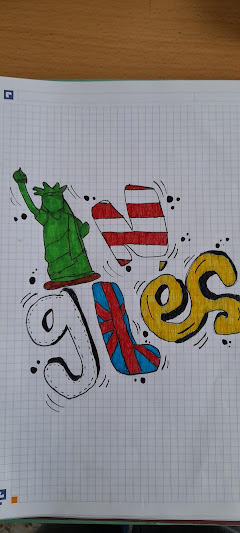MODAL AUXILIARIES: CAN / COULD / (TO BE ABLE TO)
1) CAN
ABILITY
- PRESENT or GENERAL (To be able to, To know how to):
I can swim / dance / cook
She can play tennis / the guitar / the hero
MODALITY
- PERMISSION (To be allowed to) (LESS FORMAL):
Can I take any photos? No, you cannot
You can watch TV now
- OFFERS (LESS FORMAL):
Can I buy you a drink? No, thanks
Can I help you? Yes, thanks
- REQUESTS (LESS FORMAL):
Can you tell me the time? Four o’clock
- PROBABILITY or DEDUCTIONS (MORE LIKELY):
He can be my father
He can be married
2) COULD
ABILITY
- PAST (Was / Were able to, knew how to):
I could swim / dance / cook (three years ago / last summer / this morning)
She could play tennis / the guitar / the hero (when she was young / in 2009 / yesterday)
MODALITY
- PERMISSION (To be allowed to) (MORE FORMAL):
Could I take any photos, please? No, I’m terribly sorry
You could go out for a walk now before the meeting
- OFFERS (MORE FORMAL):
Could I show you the way out? Yes, thank you very much
Could I help you? Yes, thank you very much
- REQUESTS (MORE FORMAL):
Could you tell me what time it is? Of course, it is four o’clock
- PROBABILITY or DEDUCTIONS (LESS LIKELY):
He could be my father
He could be married
3) TO ABLE TO
ABILITY
- PAST, PRESENT or FUTURE:
Was / Were able to: I was able, when young, to run five miles in one hour
Am / Are / Is able to: I am able, now that I have finished my career, to read French
Shall / Will be able to: I will be able, in two years’ time, to play the guitar perfectly
TO BE ABLE TO versus CAN / COULD:
TO BE ABLE TO is preferred to CAN or COULD:
- In FORMAL contexts: I am able to give a proper answer
- When the action is OCCASIONAL or PARTICULAR. In this case, To be able to is similar to To manage to: She was able to / managed to solve the problem at last
- When we give EMPHASIS to the action: They will be able to lift the stone
BLOG FOR STUDENTS OF ENGLISH
PARADAS 2022/24

LOGO 1º ESO H 2020-2021

© Ana Ruiz
